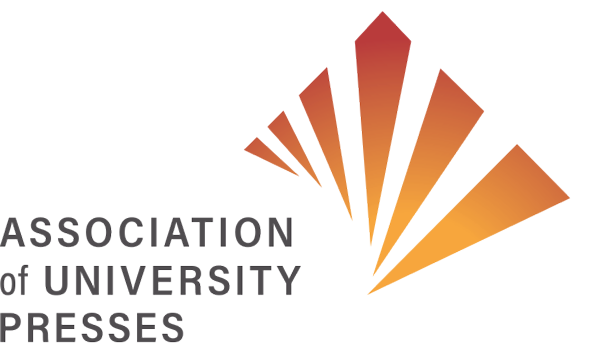
The Association of American University Presses denounces the decision last week by the administration of Duquesne University rejecting the efforts of the association, the university’s faculty, the staff of its Press, and even some members of the administration itself to identify alternatives to the closure of Duquesne University Press. Despite a robust list of alternatives that would reduce cost while retaining quality, the university confirmed its intention to withdraw support and close its press. The decision was announced the same week as the hiring of a new men’s basketball coach with a seven-figure annual salary, and shortly after the unveiling of plans to invest $40 million in the refurbishing of the basketball arena. In AAUP’s view – and indeed in the view of many other observers both on- and off-campus – these consumption choices seem inconsistent with the institutional mission and aspirations of a national research university.
“We all recognize the budget constraints within which most universities currently must operate; indeed our member presses readily accept their obligation to contribute to sound fiscal management,” said AAUP President Darrin Pratt (University Press of Colorado). “It nevertheless is difficult to understand how a press that has embraced that responsibility can be rebuffed out of hand,” Pratt added.
Ironically, in 2017 Duquesne University Press celebrates 90 years of award-winning publishing. It curates a highly regarded list in critical scholarly disciplines including Milton Studies, Phenomenology, Religious Studies, and Medieval & Renaissance Literature. Most recently, the Press’s new title, Reading the Torah: Beyond the Fundamentalist and Scientific Approaches by Catherine Chalier, was recognized as a 2017 French Voices Award winner, presented by the Cultural Services of the French Embassy and the PEN American Center. In 2016, Preaching the Gospel of Black Revolt: Appropriating Milton in Early African American Literature by Reginald Wilburn received the College Language Association’s Creative Scholarship Award. Nearly half of the multi-author volumes recognized by the Milton Society of America with the prestigious Irene Samuel Award have gone to Duquesne University Press publications. These are but a few examples of the press’ many contributions to scholarly communications, though they do suggest the unprecedented extent of the damage this decision will cause to the larger ecosystem. The value and service university presses such as Duquesne provide to institutions, communities, and scholarship makes press closures both rare and difficult to defend.
“Shutting down a press is neither easy, nor quick, nor cost-free – as Duquesne may be about to learn – which is why it is rarely successful. Both the reputational and contractual risks involved are substantial. When viable alternatives exist, closure is never a good choice,” said AAUP executive director Peter Berkery. “On a personal note, as an alumnus of a Catholic university, I have to say this decision strikes me as irreconcilable with another set of values to which Duquesne aspires,” Berkery added.
The association encourages all members of the Duquesne University community to continue to strive for a reversal of the decision to close the Press, and stands ready to assist in those efforts in any way possible.
